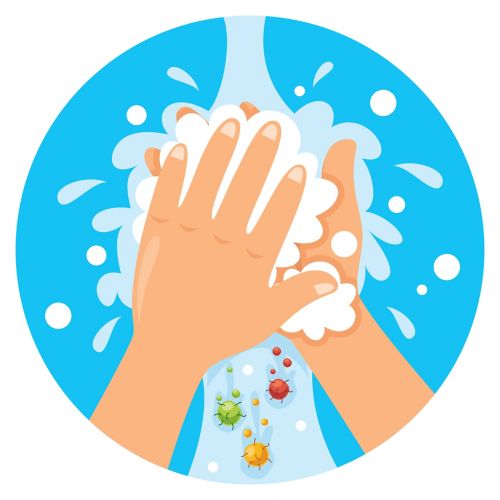Menu
Close
Back
Welcome to
Together is a new resource for anyone affected by pediatric cancer - patients and their parents, family members, and friends.
Learn MoreCytomegalovirus (CMV) is a common virus that can affect anyone. Almost 1 in 3 children have CMV by age 5.
Some people get sick when they are first infected, but many do not. CMV stays in your body for life. It usually does not cause problems. But, if your immune system is weak, the virus can become active and cause illness. Bone marrow transplant patients have a high risk of problems due to CMV.
Doctors may use blood tests to monitor CMV.
Most people with CMV have no signs or symptoms and do not know they have the virus. Some people with CMV may have:
CMV sometimes affects the eyes, liver, stomach, or lungs. These problems are more likely to happen in patients with weak immune systems.
Less common symptoms of CMV include:
Doctors can do a blood test to look for the virus. Since most people with CMV don't have symptoms, doctors can only find it by doing a test.
Your child's doctor may prescribe medicines called antivirals to fight the virus. Medicines used to treat CMV include:
Your child’s care team will decide what treatments are needed.

Washing your hands with soap and water helps flush the virus down the drain.
CMV spreads through body fluids such as urine or saliva (spit). It can also spread through blood transfusion or organ transplant.
CMV is not highly contagious. It does not spread as easily as some other germs. But it is quite common and can spread through close contact. CMV is common in areas where young children are present, such as homes and childcare centers.
Your child does not need to isolate if a blood test shows that CMV is present. To help avoid spreading CMV and other illnesses:
Transplant patients are at higher risk for illness due to CMV infection. CMV may become active after a bone marrow transplant and cause health problems that affect recovery. For example, CMV can affect the lungs, stomach, eyes, and liver.
A healthy immune system usually keeps CMV from causing problems. During bone marrow transplant, a patient gets immunosuppressive therapy. This treatment weakens the immune system. It involves high doses of chemotherapy and other medicines to keep the body from rejecting a transplant. During this time, CMV may cause sickness.
—
Reviewed: July 2022